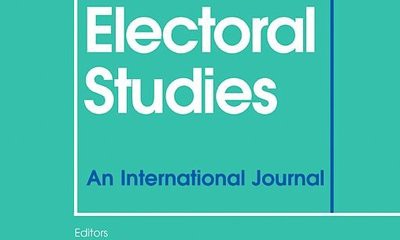El artículo, titulado “Is populism the third dimension? The quest for political alliances in post-crisis Spain” está disponible AQUÍ.
Abstract
In this article, we defend the ideational approach to populism by arguing that populist discourses have consequences for government formation and the coalition choices of political parties. Using two attempts of government formation in Spain during 2016 as an example, we show that incorporating a populist dimension of competition alongside the two traditional relevant cleavages in Spain (left-right and center-periphery) can successfully explain agreements where approaches restricted to the two traditional dimensions fail. Essentially, populism forms a third, ideational dimension with its own content, one that can be considered alongside thick ideological dimensions in formal spatial analysis, shaping alliances among political parties.
Keywords: Populism, Government formation, Spatial analysis, Holistic grading, Spain

